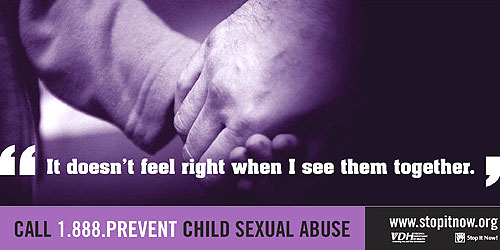I don't want one. I really dislike the idea of permanently marking my body. My past experiences/past selves are already etched in my psyche, and I prefer to give myself room for change by keeping my skin tabula rasa.
But I do love beautiful, individual works of art.
 (LOVE the concept here, even though the execution of the hand is slightly distorted.)
(LOVE the concept here, even though the execution of the hand is slightly distorted.)Thanks to a project on tattoos last year, I've become a walking paradox: a tattoo-less tattoo snob. I find the mindset fascinating, this urge to gather indelible art on one's skin. A collage of life-lessons, heiroglyphs of a personal mythology, a revelation of the inner self. Depending on placement (or mode of dress), tattoos aren't always intended for public consumption. Then the skin becomes an intimate canvas of secrets.
For centuries, tribal societies all over the world have used permanent skin-marking systems to signify social status, identity, belief system. Some say that tattoos can also be traced back to Europe's Middle Ages. Pilgrims to the Holy Land supposedly obtained a tattoo at each religious shrine they visited. In a world with no photos, no blogs, no proof beyond story and word, a mark was necessary to prove they had actually been there.
Although tattoos were accepted around the world, Americans still rejected them. To them, tattoos were the mark of rebels and outlaws, a rejection of societal norms. Yet today, they're considered trendy* and have gained acceptance in the main stream (especially among youth). What spurred this change? Tattoo reality shows are now commonplace. Tattoo blogs, societies, and online photo albums abound. In fact, it's not unheard of for mothers and daughters to go out and get matching tattoos. So why have Americans recently accepted tattoos?
Is it a result of globalization, the Internet, and faster international transportation, coalescing in a better understanding of other cultures? Possibly. Is this a rebellion of a younger generation against their parents? Not likely, given that the Woodstock Generation was largely defined by rebellion. Indeed, perhaps we're seeing more tattoo acceptance because parents who grew up in that era are more open to such things.
I have another theory, and it comes from the Middle Ages. At that time, works of art that taught personal human truths were protected in cathedrals as paintings or sculptures or stained glass, and whoever walked into those structures learned from them. But people don't stay in one place anymore. Our society is becoming nomadic (due to the way one builds a career these days by moving around frequently), and people seek ways to bring their life lessons with them. They crave something more permanent, and the only thing we're guaranteed to take with us in this life is the body. A living cathedral to a lifetime's lessons, which are portrayed in stunning works of art.






*Or they can remain an empty fashion statement. Butterflies, roses, arrow'd hearts and other cliches scream
I'm a vapid trend-whore with no personality. Luckily, real artists have already raised the bar even for these, with
gorgeous, evocative tattoos.













